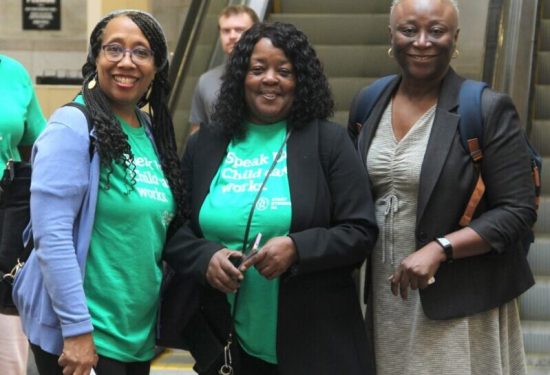As a family child care provider and network leader of over 20 years, I have seen the challenges providers face when looking for access to a seat of the table for advocating for systemic change. Recently I have had the opportunity to participate as a mentor for Home Grown’s Leading from Home initiative. This past year, I have had the amazing opportunity to support and mentor an awesome group of individual leaders from across the nation. I have witnessed their personal and professional growth as they achieved goals they initially spoke of as dreams.
These leaders surpassed my expectations and most importantly, surpassed their own expectations. I have watched as their confidence grew, as their dreams became visions, their visions became goals, their goals became actions, and their actions ultimately became achievements.
I witnessed leaders stepping out of their comfort zone, transforming obstacles into opportunities, facing challenges, building stakeholder relationships, identifying and establishing allies, and articulating not only identified needs but solutions to barriers that have long limited the growth and stability of early care and education professionals. One particular provider, Benu Chhabra, questioned whether she was ready for a leadership role at the beginning of Leading from Home. She has since made so much progress within her group and has grown her network tremendously. Since joining Leading from Home, Benu has reached her goal of growing her network’s reach. Like Benu, the other leaders also formed professional relationships within the group by sharing ideas, encouragement, strategies, and celebrated each other’s accomplishments. I observed each individual’s step forward, as bringing more momentum and determination to the group as a whole.
The isolation that family child care and family, friend, and neighbor providers often accept as part of the norm disappeared within this group. While individuals continued to work on their own goals, the achievement of each individual was felt as collaborative success and not as only an individual achievement.
I feel honored to have witnessed the growth of these leaders. They have demonstrated their expertise, maintained professionalism, many have positioned themselves into roles of active participation – to motivate change within antiquated inequitable systems. They have cultivated respect as they are recognized as true professionals deserving of a seat at the table. These leaders have become change-makers. I hope they are as proud of themselves as I am of them.
As I walk beside these leaders, I can’t help but think about what an amazing journey we have experienced! I am excited to continue the mentoring of these leaders and look forward to expanding the leader network with the next group of leaders in this initiative.




